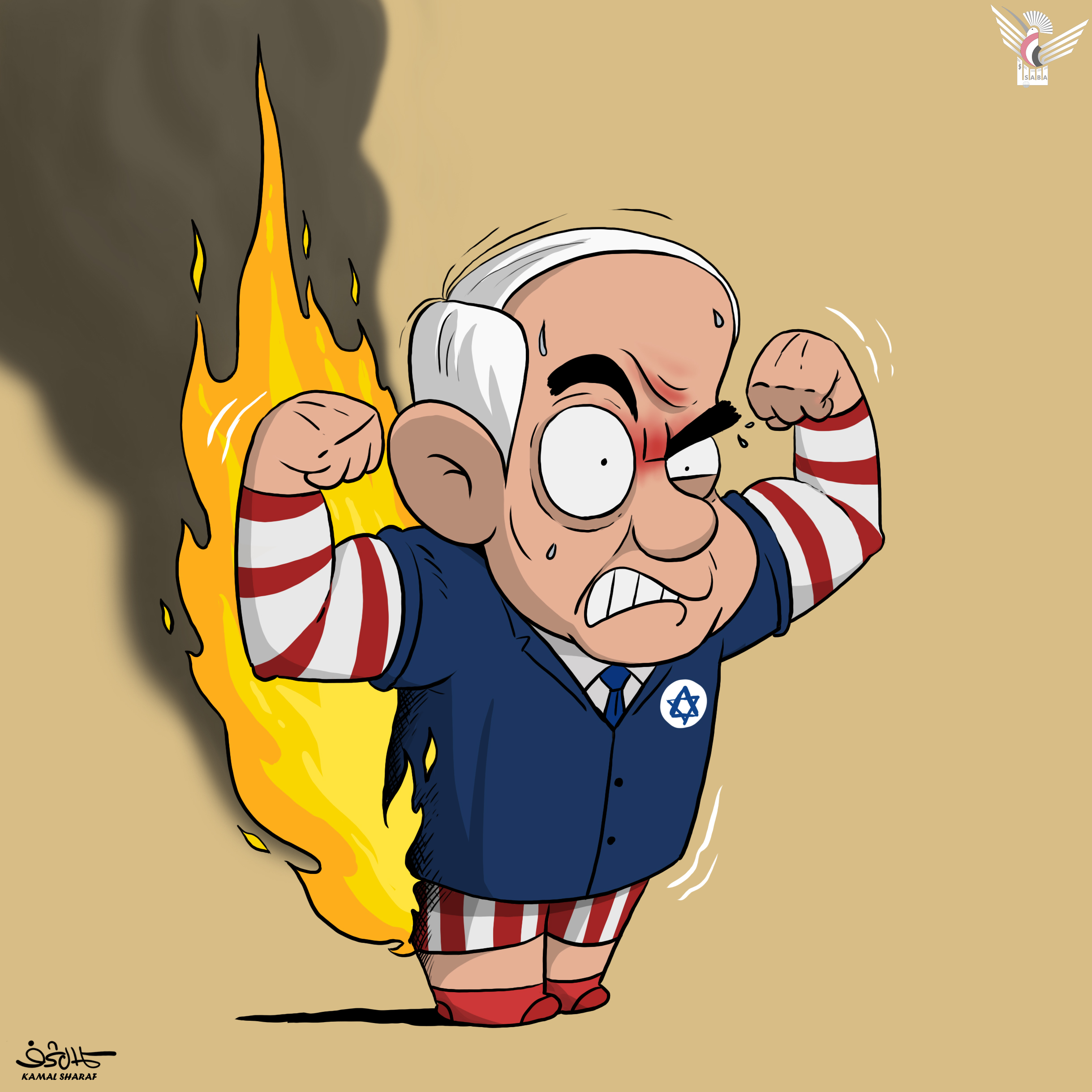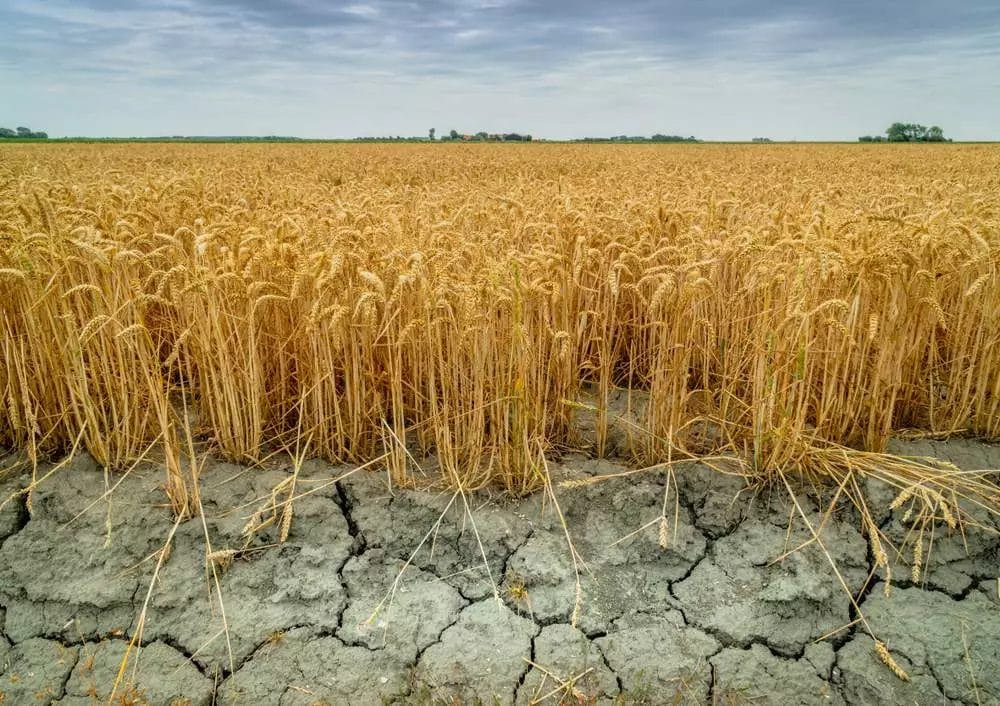Geneva – Saba:
Syria is confronting a severe agricultural crisis this year due to the worst drought in over six decades, seriously threatening wheat crops and potentially exacerbating food insecurity for nearly 16 million people, according to UN estimates.
The Food and Agriculture Organization (FAO) stated in a Friday release that approximately 2.5 million hectares of wheat farmland have been damaged by harsh climatic conditions, particularly reduced rainfall and a shortened winter season.
FAO data indicates that 95% of rain-fed wheat has been nearly completely devastated, while irrigated wheat production is expected to be 30-40% lower than usual, foreshadowing a domestic production shortfall of 2.5 to 2.7 million tons.
Haya Abu Assaf, FAO Assistant Representative in Syria, noted "This agricultural season's climatic conditions are the worst in about 60 years," adding that "Syria experienced a short winter season with significantly reduced rainfall".
The drought's impact extends beyond wheat, also affecting natural pastures essential for livestock.
Before 2011, Syria achieved wheat self-sufficiency with annual production reaching 4.1 million tons, but years of conflict combined with climate change and sharply declining groundwater levels have drastically reduced output, forcing increasing reliance on imports.
On the ground, farmers face mounting pressures In Amuda countryside, northeast Syria, farmer Jamsheed Hassou (65) describes the season's challenges: "Despite irrigating the land six times using sprinklers, the spikes remained short and the grains small".
He adds that he had to dig wells over 160 meters deep to access water—an expensive and unsustainable long-term solution.
FAO warns of alarmingly low water levels compared to previous years, describing the situation as "frightening," especially with rising agricultural costs and limited support.
The prolonged drought, coupled with climate change impacts increasing weather volatility and intensifying heatwaves and rainfall shortages, is worsening living conditions in a country undergoing transition while facing the aftermath of years of conflict.
Agriculture plays a vital role in supporting the local economy and securing income for many families, particularly in rural areas.
Hassou emphasizes "Without support, we cannot continue We're moving into the unknown If we lose agriculture, people will lose their livelihoods, and poverty and hunger will worsen".

| more of (International) |




